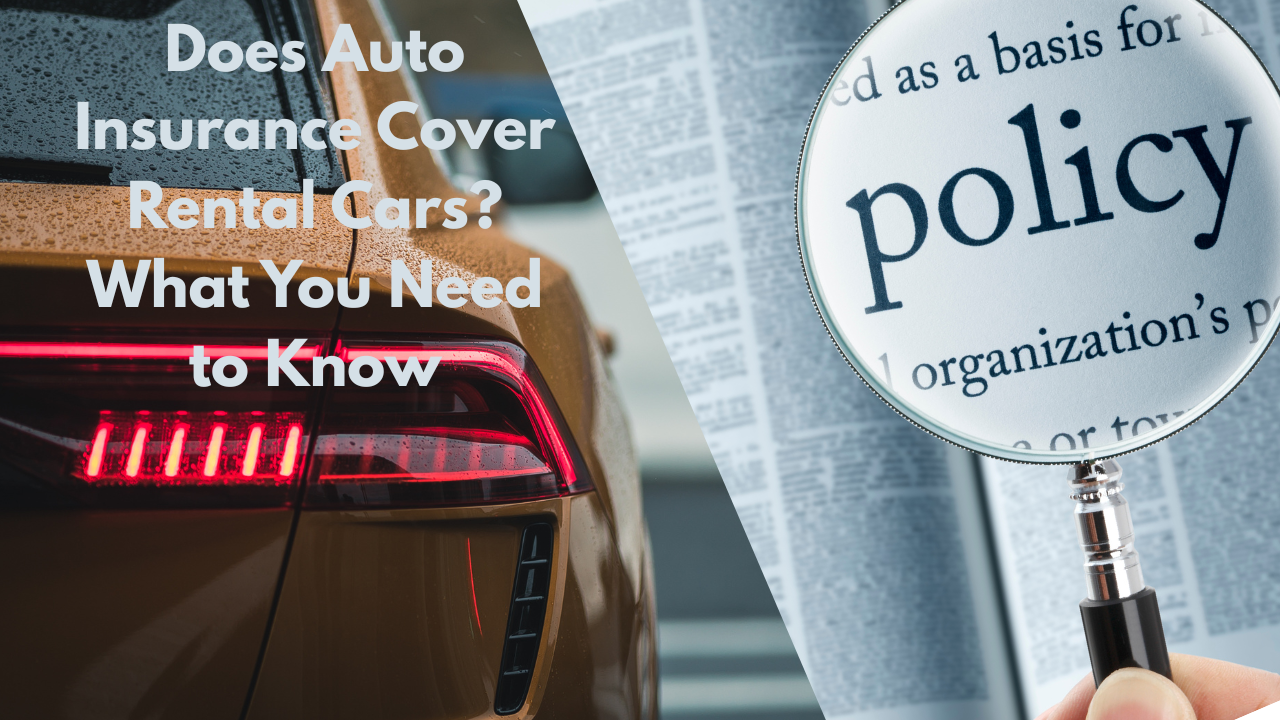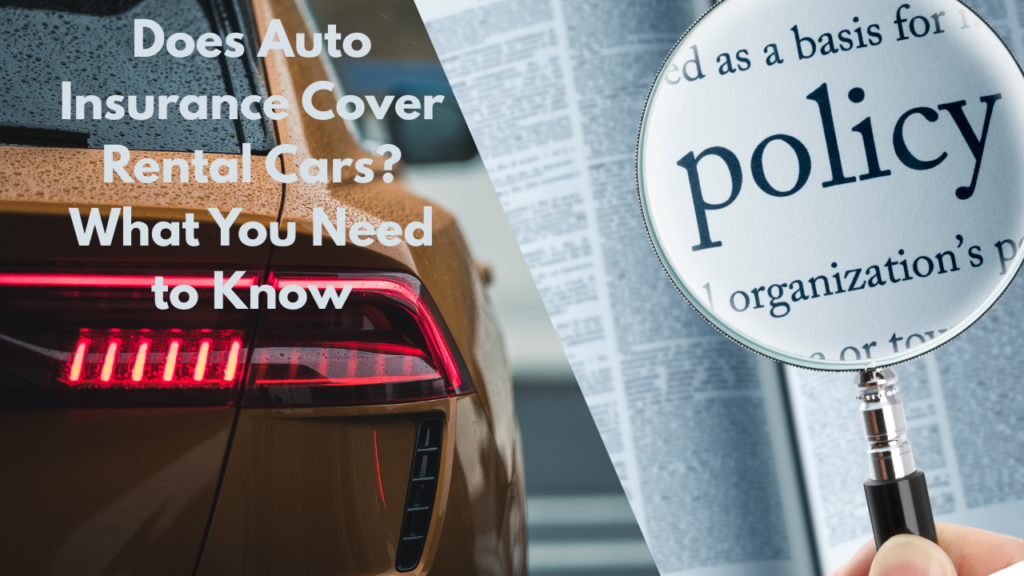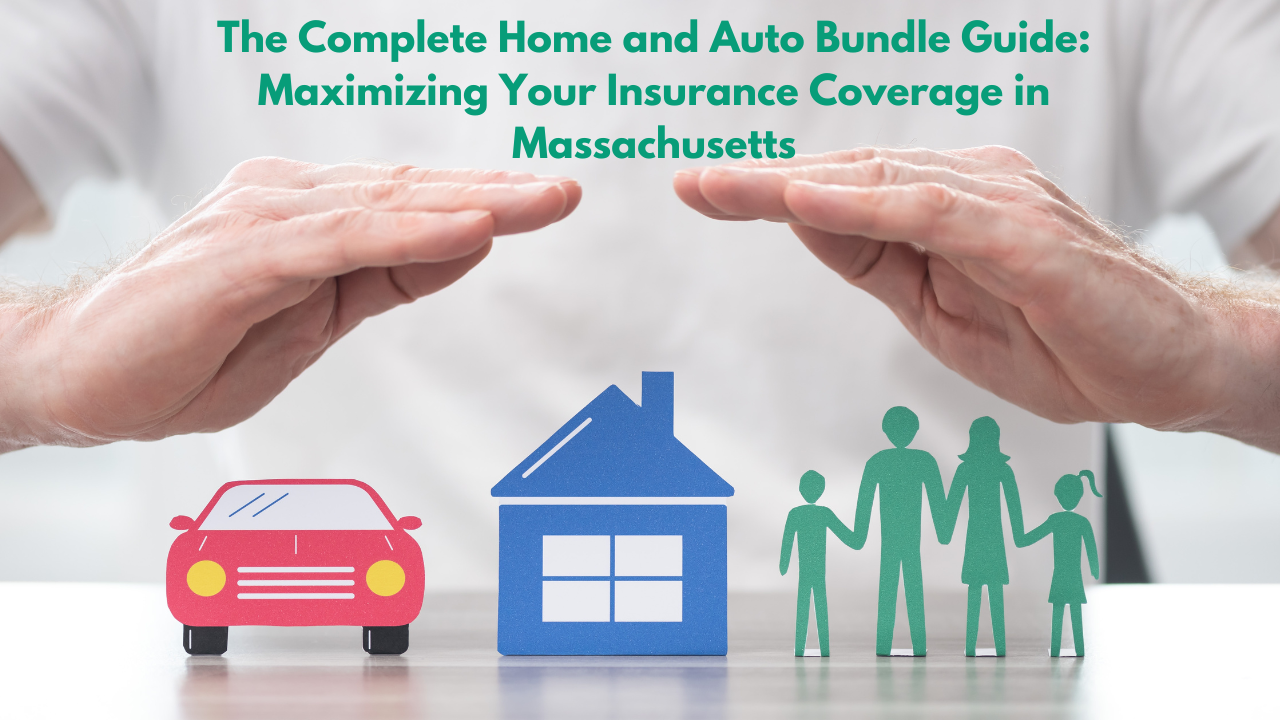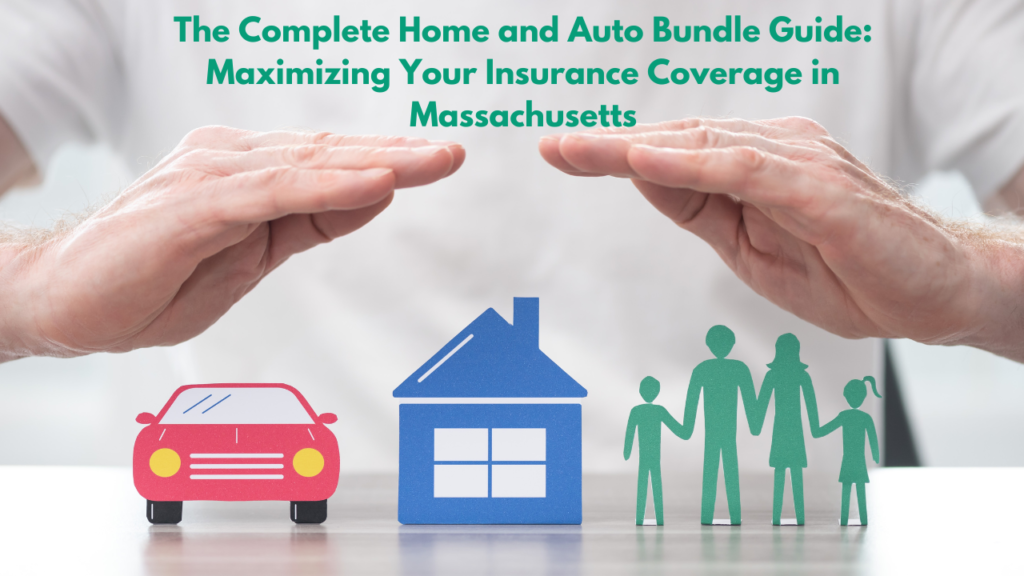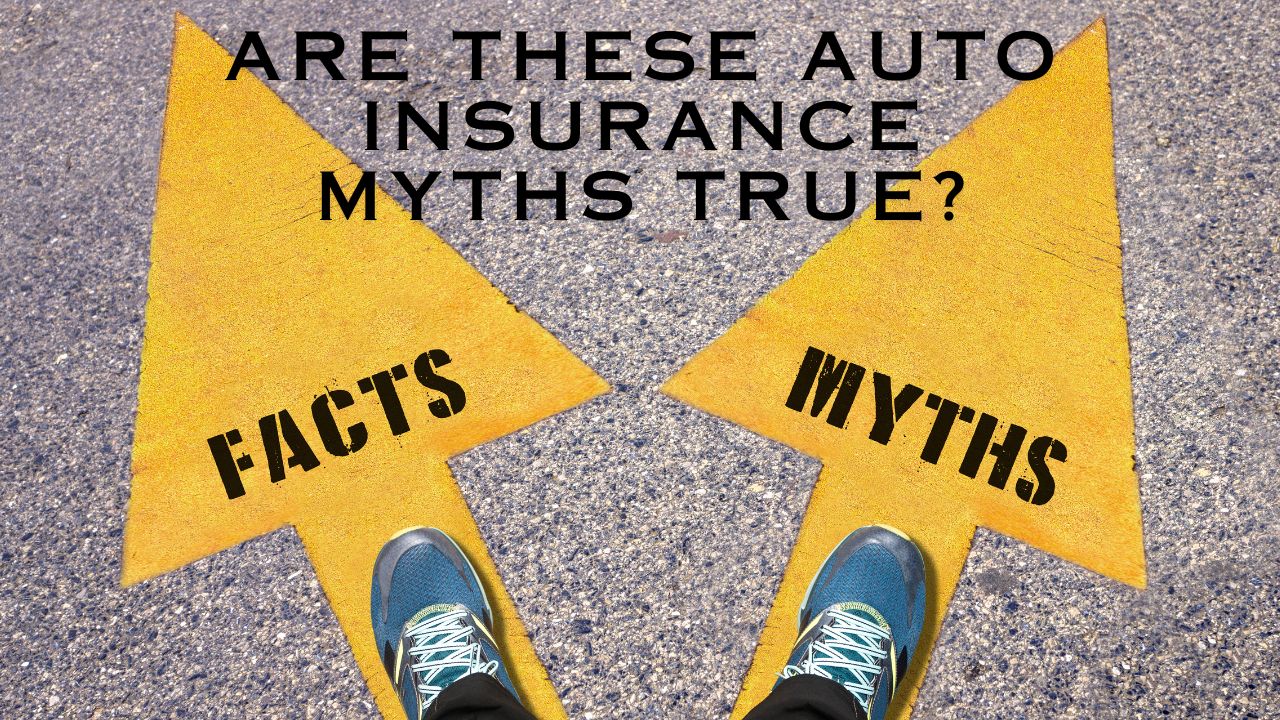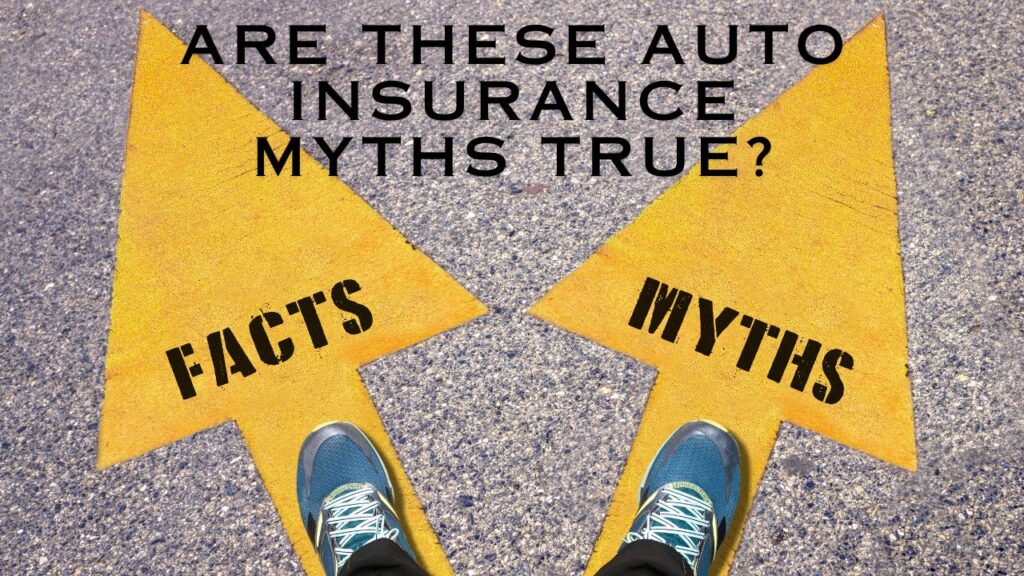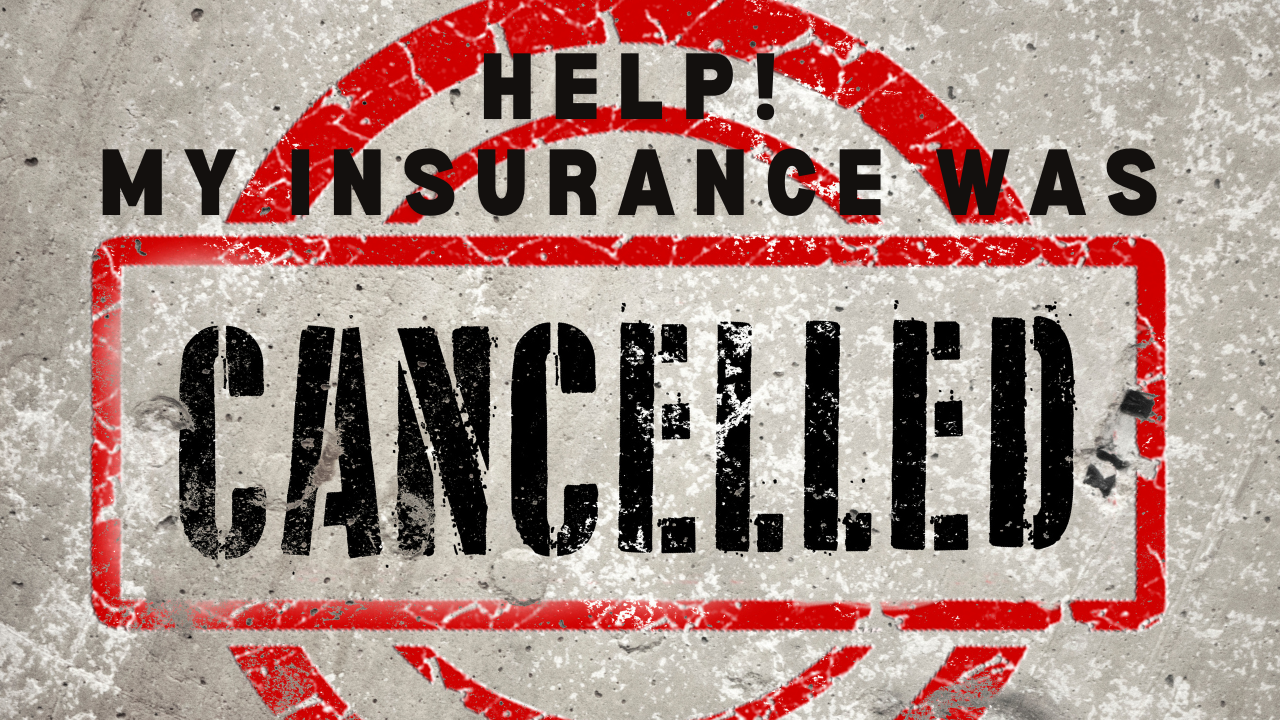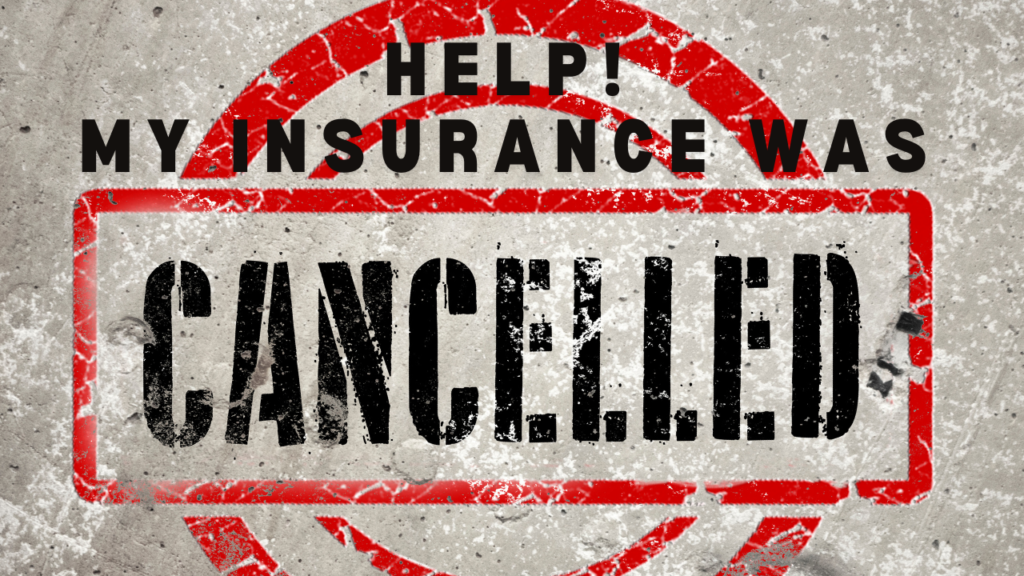How to Get an Auto Insurance Policy: 7 Easy Steps (And Why a Local Broker Might Be Your Secret Weapon)

❓Feeling a little lost trying to figure out how to get car insurance?
❓Do terms like liability, deductibles, and premiums make your head spin?
✅ In this article, I’ll walk you through exactly what you need to do—step by step—to get the right auto policy, stress-free.
👀 You’ll learn what information you need, how to compare options, and why working with a local insurance broker might be the smartest move you make.
🛑 Step 1: Know What You Need Before You Shop
Before anything else, figure out what kind of coverage makes sense for your car.
New car? Financed? You’ll likely need full coverage. Older paid-off car? You may only need liability. Knowing your situation helps you avoid overpaying or being underinsured.
📄 Step 2: Gather the Right Info
Here’s what every insurer will ask you for:
- 🚗 Your vehicle’s VIN and mileage
- 🧍 Driver’s license numbers for everyone on the policy
- 📍 Your address (where the car is kept)
- 📝 Your driving history
Having these ready means faster and more accurate quotes.
💵 Step 3: Set a Budget
What can you realistically afford each month (or year)?
Auto policies can be paid monthly, semi-annually, or annually. Some providers offer discounts for paying in full—just don’t stretch your budget too thin.
🔍 Step 4: Compare Multiple Quotes
Never settle for the first quote you get.
Get quotes from at least 3 companies. Look at more than just price: review what each policy covers, what the deductibles are, and what extras (like roadside assistance) might be included.
💸 Step 5: Ask About Discounts
Don’t leave money on the table!
Ask about:
- 🚙 Multi-policy (home + auto)
- 🧑🎓 Good student
- 🧓 Senior or military
- 🛣️ Low-mileage driver
- 🧼 Safe driving record
These add up fast—and you might qualify for more than you think.
✅ Step 6: Choose the Right Policy
Pick the policy that balances price with the coverage you need.
Review all terms. Make sure you’re clear on what’s covered, what your deductible is, and what’s excluded. Ask questions. This is your financial protection—we want no surprises later!
🖨️ Step 7: Finalize & Get Proof of Insurance
Once you’re happy, lock it in.
Pay your first premium and get your proof of insurance. Most companies offer a digital card instantly, but keep a paper copy in your glove box too. If your car is financed, send a copy to your lender.
🤝 Bonus Tip: Work with a Local Insurance Broker
Want help at no extra cost? Talk to a broker.
Local insurance brokers work with multiple carriers to find the best deal for you. We know the industry, We understand local requirements, and can guide you through every step—without charging you a dime.
That’s right: using a broker costs you nothing.
They’re paid by the insurance companies, not by you. You get personalized help and competitive rates. If you’re not sure where to begin or you’re short on time, this is your shortcut to peace of mind.
🚦 What Happens After You Buy?
Your coverage starts on the date you chose. You’ll get all your policy documents, including a declarations page (your policy summary). Make sure it matches what you agreed to.
If anything’s unclear—reach out right away.
🏁 Conclusion: You’re Now Ready to Drive Confidently
After reading this, you’ve gone from unsure to informed. You now know how to gather your documents, compare policies, and make the smartest choice for your needs. 🙌
You also know that a local broker can be a huge asset—saving you time and money without costing you a thing.
Your next step?
👉 Check out our blog: [“What Type of Auto Insurance Do I Actually Need?”] to make sure you’re not overpaying for coverage you don’t need.
Or, if you’re ready to take action now, reach out to the team at Vargas & Vargas Insurance by calling 617-298-0655 and get expert advice tailored to your situation.





